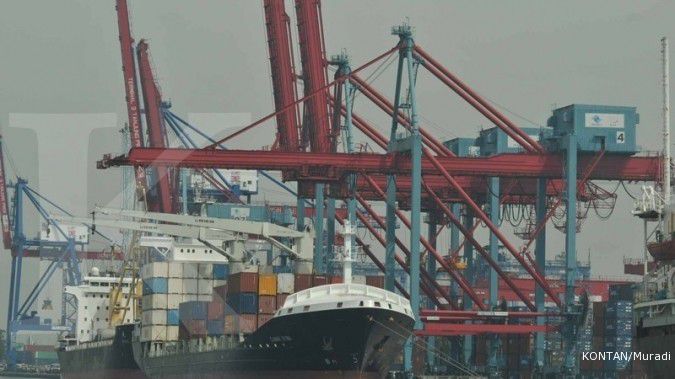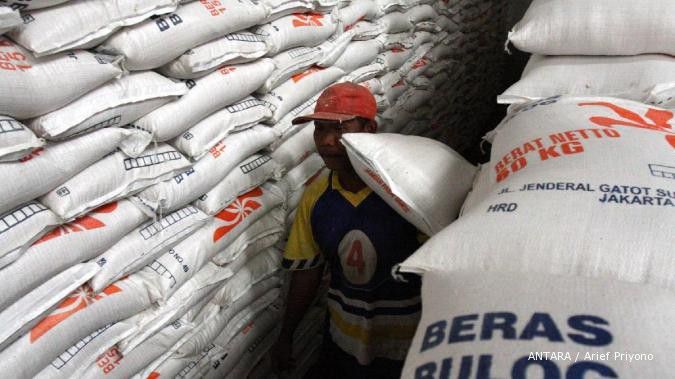JAKARTA. The Indonesian Logistics and Forwarders Association (ALFI) is planning to file a lawsuit against a ministerial regulation that has raised the minimum capital for logistics companies to Rp 25 billion (US$1.93 million), up from the current Rp 200 million.
“We previously proposed to the Transportation Ministry an increase in minimum total assets from Rp 200 million to Rp 1.2 billion. We don’t understand the reason why the minister later decided to increase the capital requirement to Rp 25 billion,” ALFI chairman Yukki Nugrahawan Hanafi said.
Transportation Minister Ignasius Jonan recently signed Ministerial Regulation No. 74/2015 on freight forwarding and logistics companies. The new regulation will require freight forwarder and logistics companies to have a minimum capital of Rp 25 billion.
The regulation is currently with the Law and Human Rights Ministry for further assessment before being officially issued.
Yukki said the association would send a letter to Jonan to express their objections to the new regulation, which could potentially shut down many small and medium-scale logistics companies across the country.
“Should the ministry fail to provide a compromise, we will file a lawsuit against the regulation,” Yukki said, adding that his organization was planning to bring the ministerial regulation to the State Administrative Court for a judicial review.
According to him, there are currently 534,000 people working in logistics companies across the country and most of them will lose their jobs if the government implements the policy.
Apart from causing huge unemployment, the policy was poised to cause disruption to the country’s flow of goods, particularly to eastern parts, Yukki said.
Despite the protests, Jonan says the ministry will go ahead with the regulation, which according to him is aimed at improving the quality and reliability of the country’s logistic companies. “These companies should have a total of Rp 25 billion in assets, and we will give them three years to comply with the regulation,” Jonan told reporters.
According to Yukki, even though the companies are being given three years, most of the companies would not be able to comply with the regulation. He said that the ministry should have classified logistics companies into small, medium-scale and foreign and not implement the policy across all types of logistics companies.
Logistics companies are also now required to have their cargoes screened by so-called regulated agents (RAs) in Line 2 (unrestricted) areas at airports before being moved to secure Line 1 areas, as stated in Ministerial Regulation No. 32/2015 on air cargo and supply chain safety.
Since most RA firms lack screening expertise, logistics firms and airlines will have to screen the cargoes once again in Line 1 prior to shipment over concerns that security could be compromised during the move from Line 2 to Line 1. (Nadya Natahadibrata)
/2015/03/24/2108743908.jpg)












